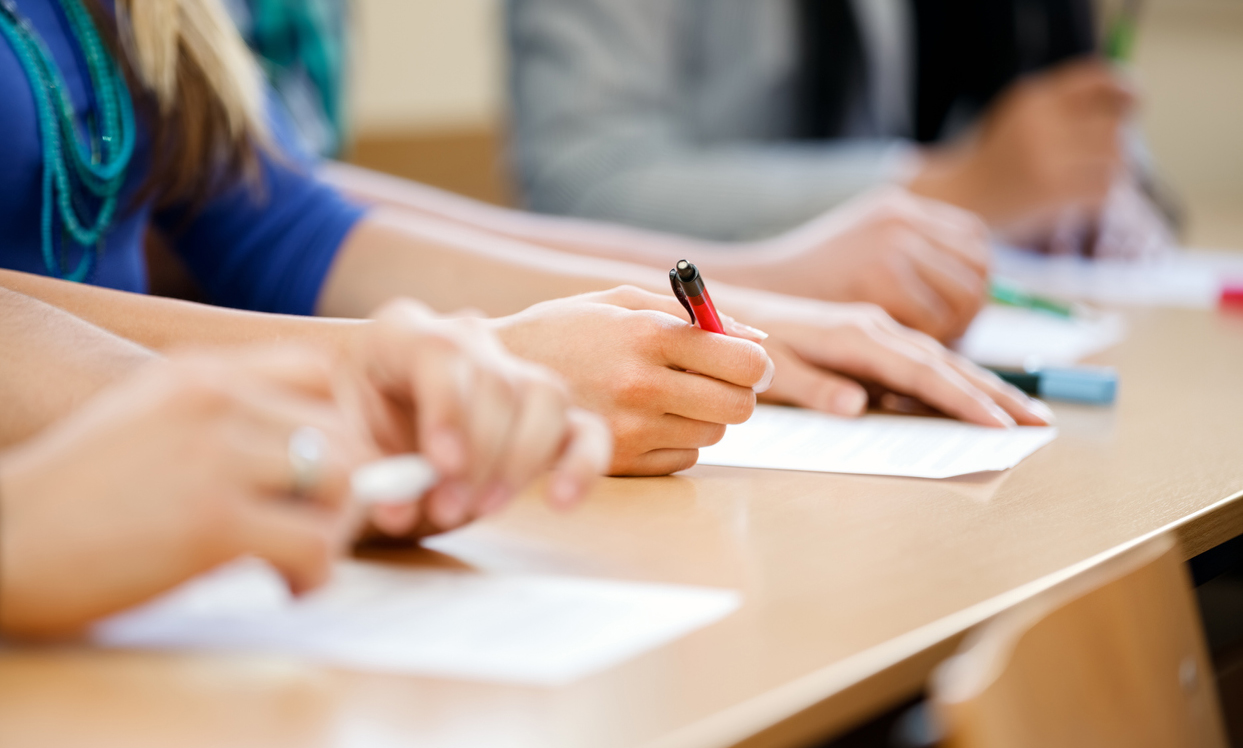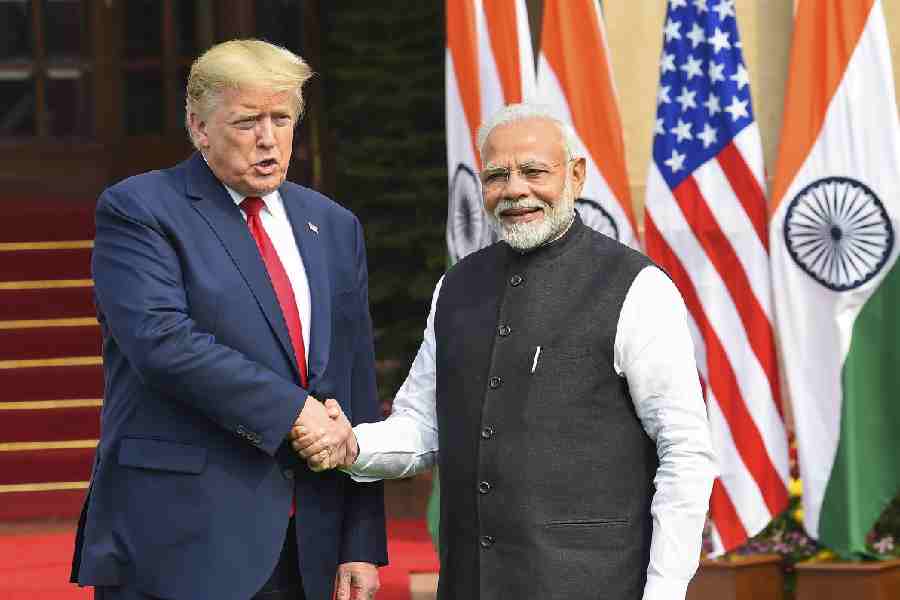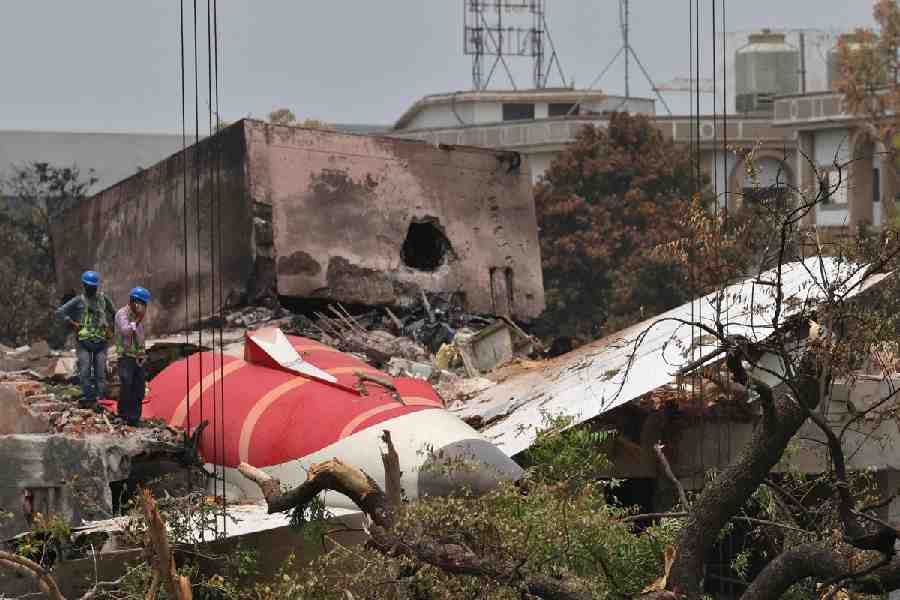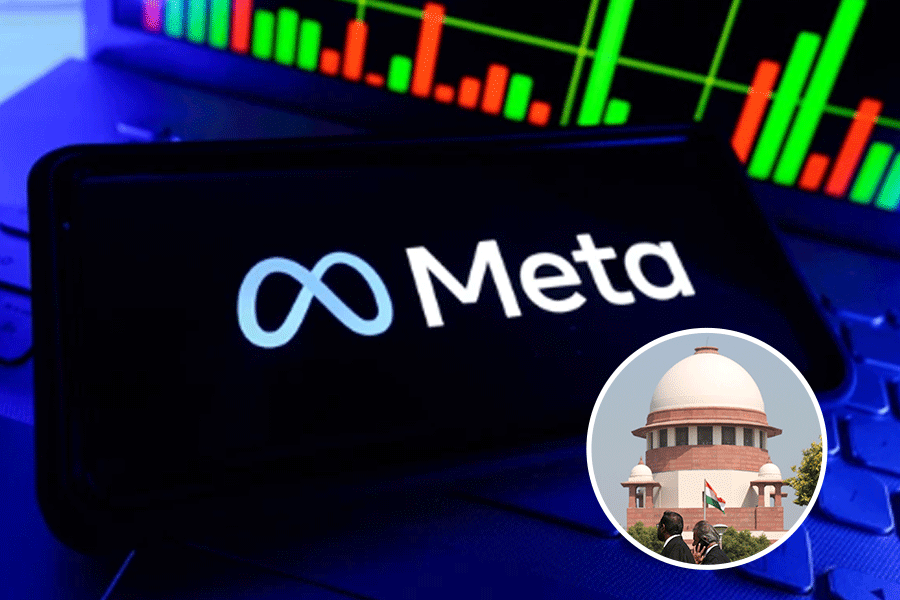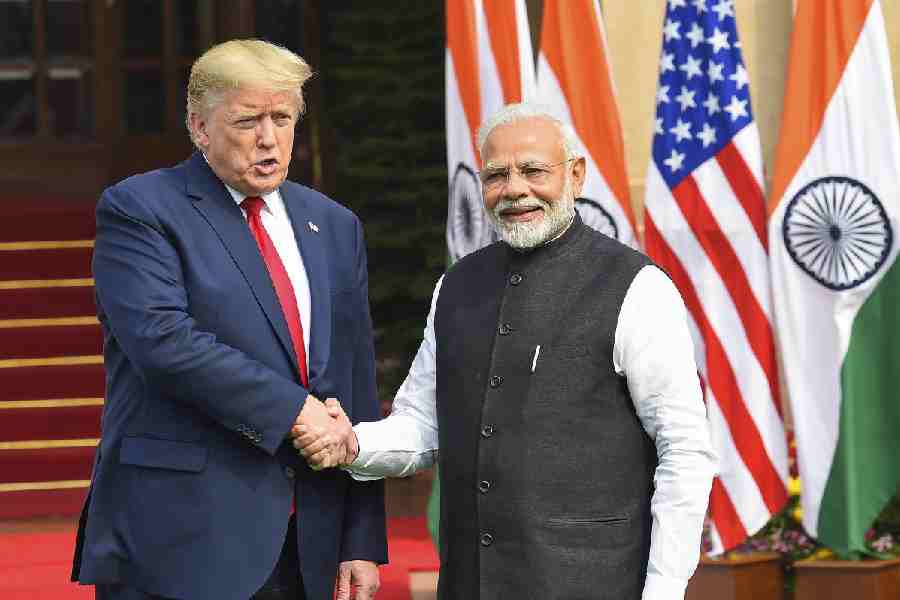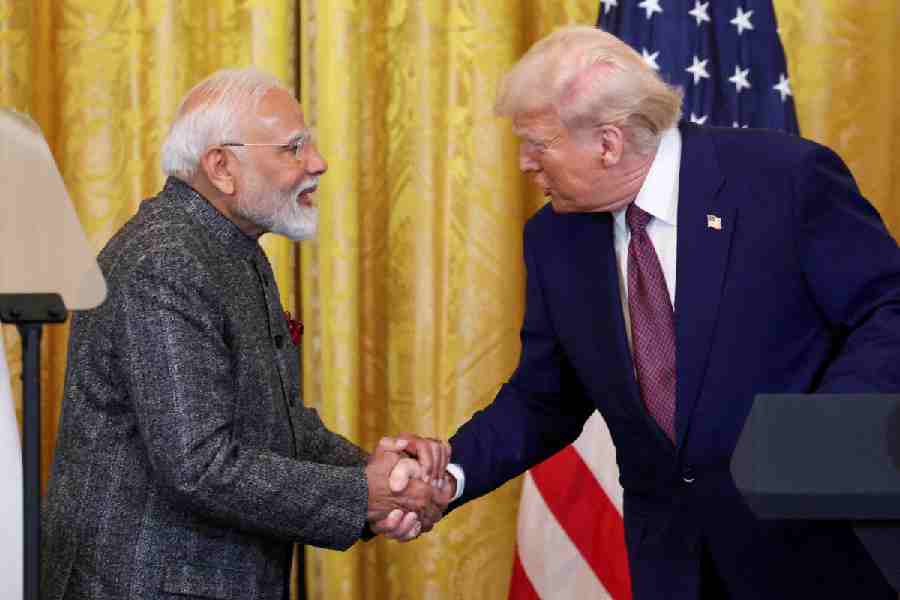The state Higher Secondary council will use cellphone detectors at many venues of this year’s school leaving exams to prevent the students from carrying mobile phones to the premises.
“The examinees will be scanned twice with the detector — at the main gate of the school and before entering the respective halls,” Mahua Das, president of the West Bengal Council of Higher Secondary Education, said on Wednesday.
This year’s HS exams start on February 26.
The council had banned mobile phones in exam venues several years ago.
It had been making various types of arrangements to prevent the candidates from entering the exam venues with cellphones over the past few years but none was fool-proof. Students were often caught using phones to cheat in exams.
“The hand-held detectors, which will be used this time, will sound an alert if someone carries a cellphone. The detector will be used twice to be doubly sure that no one enters an exam hall with a mobile phone,” said Das.
Until last year, frisking was the only way to detect whether one was carrying a cellphone or not.
“We are expecting to eliminate the malpractice using the new device,” a board official said.
Das said the council would not be able to use the device at all centres this year. “The detectors will be used at all sensitive centres and some other centres, too,” Das said.
The state joint entrance examination board had started using radio-frequency microwave signal detectors to catch students using mobile phones or smartwatches in the exam halls in 2015.
Radio-frequency microwave signal detectors run on the same frequency as mobile phones and smartwatches and can help detect the presence of any such communication tool in their proximity.
HS council officials refused to say whether the mobile detectors to be used this year would be the same as the ones used by the JEE board.
Last year, images of the HS Bengali first-language paper had gone viral over WhatsApp while the test was on. The exam had started at 10am and the council was informed by some reporters around noon that images of the Bengali first-language question paper had been circulated over WhatsApp in parts of Malda district.
The council did not call it a leak as there was no proof that the paper had been circulated before the exam started.

